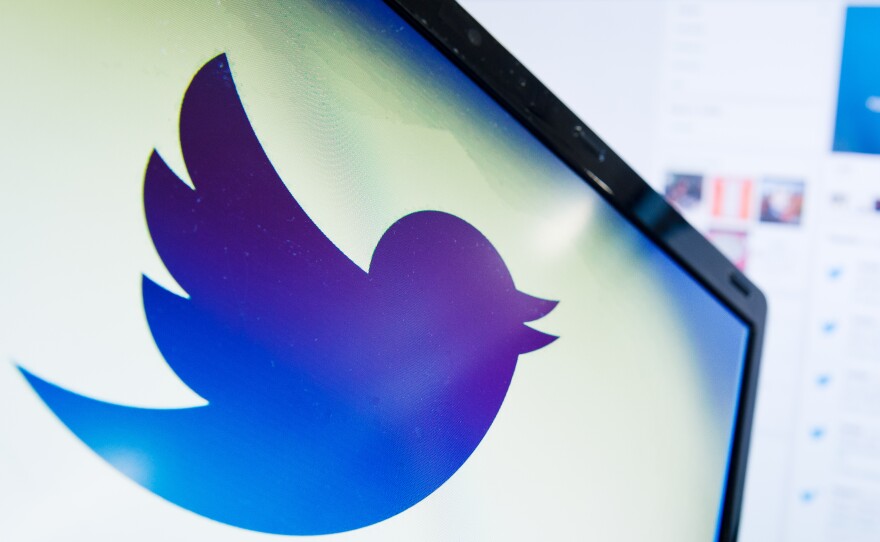Official emergency messages from the county of San Diego in the future might be spread by the region's most influential "tweeters," San Diego State University announced Monday.
Ming-Hsiang Tsou, an SDSU geography professor, is compiling a list of 1,000 influential Twitter accounts based in San Diego, so emergency messages about evacuations, road closures and the like can be spread faster or targeted more closely to certain locations.
The professor studies the ways people use social media to communicate about breaking news such as natural disasters, disease outbreaks and emerging voting patterns.
"We want to know how people disseminate information in different kinds of situations," Tsou said. "Why does some information go viral and other information doesn't? By understanding the mechanisms of Internet memes, we hope to apply that knowledge to disaster awareness. We want to use technology to make emergency warnings go viral."
According to SDSU, Tsou will analyze the 30,000-plus followers of the official county Twitter account, along with those who follow major media outlets, and determine which ones have the most followers and generate the most retweets.
The account holders will then be asked to retweet county emergency messages.
"If we have 1,000 highly influential volunteers retweeting these messages, almost everybody in San Diego will get the message," Tsou said.
Also, the professor said county officials will be able to monitor social media for rumors and false information originating from other channels, and directly address the falsehoods.
Tsou's studies are supported by a $1 million grant by the National Science Foundation.







